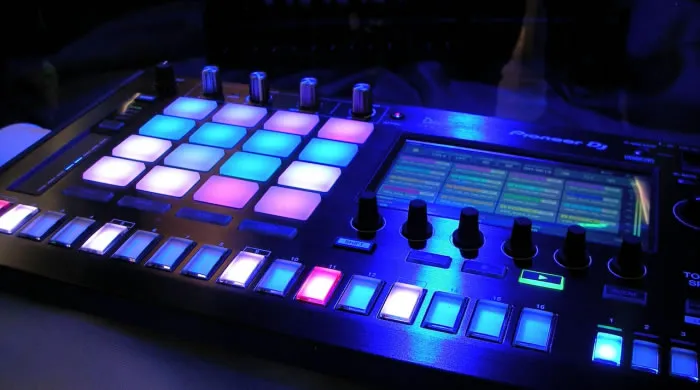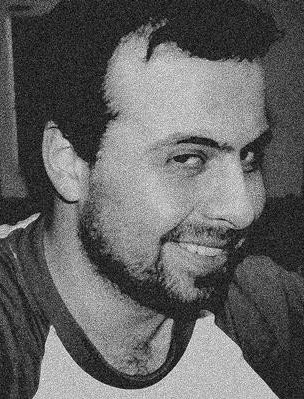Understanding how different types of music affect our brain can help us harness its potential to enhance focus, creativity, and efficiency in our daily tasks.

The Science Behind Music and Cognitive Performance
With the advancements in neuroscience, researchers have uncovered incredible insights regarding music's avenues affect on brain function. When music is played, several zones of the brain light up with activity together, much like a neural symphony, that influences one's cognitive ability. The tempo, beats, and layer of music trigger neurotransmitters-reward responses, such as dopamine, for pleasure, motivation, and arousal.
Studies reveal music works to enhance performance through mechanism such as these:
● Increase of arousal or regulation of mood: music helps reach a state of arousal favorable for task performance
● Reduction of external interference: unpredictable noise can be masked by consistent auditory stimulation in the form of the right kind of music
● Facilitation of rhythmic movement: tasks involving rhythmic movement are supported by synchronization with musical beats
● Enhancement of executive functions: there is certain music that improves working memory and attention-control.
Some of the relevant factors that influence its potential-use efficacy as a cognitive enhancer include task-relevance, individual differences, and the properties of the activating-music descriptions.

Selecting the Right Genre for Different Tasks
As with different types of tasks come different cognitive processes, different types of music accompany them. The right sort of music will boost your activity particularly well.
When considerable concentration and analysis must be applied—say in solving complex mathematical problems or analyzing data—the least complex instrumental music will compile better. Classical music by Mozart, Bach, or Vivaldi, especially, has been linked with positive effects on spatial-temporal reasoning and sustained attention. Generally, a structure-based piece exists with no sudden dynamic changes to distract the listener.
During creative work like brainstorming, writing, or arts and crafts, the emotionally ambivalent music sets into motion divergent thinking. Jazz, ambient electronic music, and world music activate different neural pathways, stimulating creative flow and encouraging alternate thought patterns.
Fast-tempo rhythmic music is obligatory for those monotonous tasks that require endurance than deep violation. Such pop, rock, or dance music prevents boredom from hitting and keeps you engaged in ordinary activities.

The Impact of Tempo and Volume on Productivity
Tempo and music volume have much to do with their effect on cognitive functioning. Slow tempos (between 60 and 70 BPM) coincide with human resting heart rate and nurture a state of relaxed alertness that is perfect for work that requires focus.
Volume, too, can either enhance or interfere, at moderate level it helps one perform better, loud music distracts one or even prevents cognition altogether. It also depends quite a bit on sound sensitivity versus task complexity.
Time ranges have usual effects on performance:
● Slow-tempo (50-60 BPM): induction of relaxation and meditative states; ideal for reading comprehension and problem-solving
● Moderate-tempo (60-70 BPM): promotion of focused attention and productive work; suitable for high-detail tasks requiring utmost precision
● Medium-tempo (70-90 BPM): offers balance between energy and focus; best for general office work and studying
● Fast-tempo (90 BPM): boosts energy and alertness; good for performing physical tasks or resisting fatigue
Locating your tempo and volume sweet spots would demand some trial and error, owing mainly to the great variety in individual tastes and sensitivities.

The Role of Lyrics: Words vs. Instrumental
One of the most debated aspects of study and work music is whether lyrics help or hinder productivity. The consensus among researchers is that lyrics can be problematic for tasks involving language processing. When we listen to songs with lyrics, our brain naturally processes these words, potentially creating interference with verbal tasks such as reading, writing, or language learning.
In contrast, instrumental music does not compete for linguistic processing resources and is generally better suited for language-intensive tasks. This rule, however, is not universal—some people, especially those with a lot of musical training, may have developed some capacity to treat lyrics as a component of the musical structure rather than verbal content.
For tasks that do not require language processing, familiar songs with lyrics may actually facilitate productivity by increasing good feelings and positive energy. Many agree that lyrics they are highly familiar with tend to fade more and more into the background of their consciousness as time goes by, becomes less distracting, and ultimately becomes an aid for tasks at hand.

Conclusion: Creating Your Personal Sonic Environment
Music and productivity have a very personal bond, shaped by the tastes of an individual and different task kinds of work. Oftentimes, it requires experimenting and paying attention to see what kinds of music work best in your work scenario.
Intentionally sculpting your sonic environment with motivating music, soothing soundscapes, or calculated silence will allow maximum efficiency from your mind to ensure that working and studying become rewarding experiences instead of being purely productive. The right soundtrack could turn a drudging chore into a fun event, boost concentration during boring work, and finally help increase actual achievement as well as the satisfaction that comes with academic and professional endeavors.
































